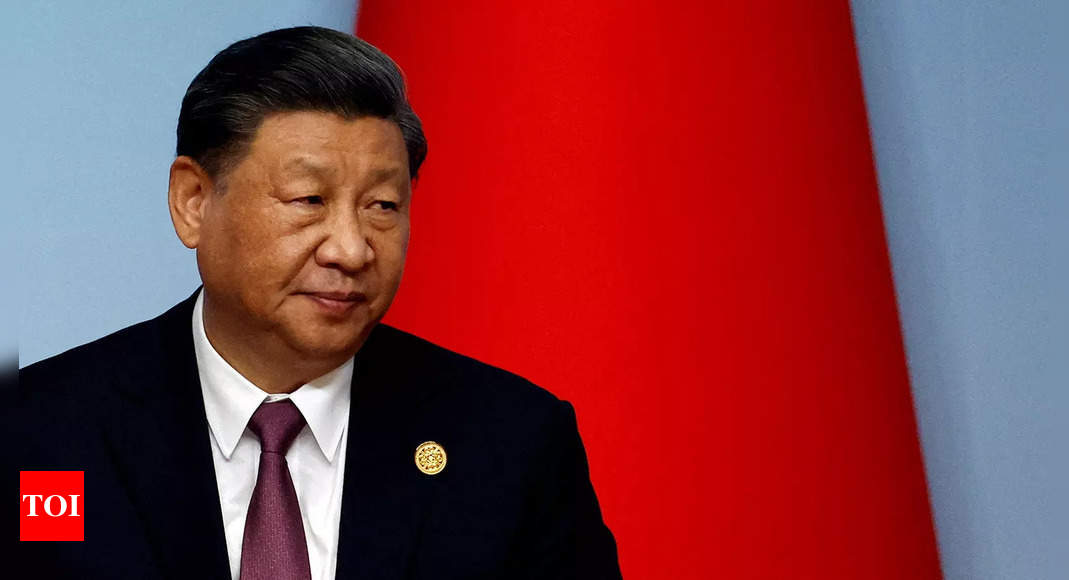

Subnautica…when I was so immersed that I went too deep…didn’t have enough time to return to the surface to breathe…and then looked up in anguish and saw that dreaded refraction “circle” hundreds of meters above you… THE DEEP HAS YOU, THERE IS NO ESCAPE






Haha, was it the endless cliff next to the gun island? Been there lmao